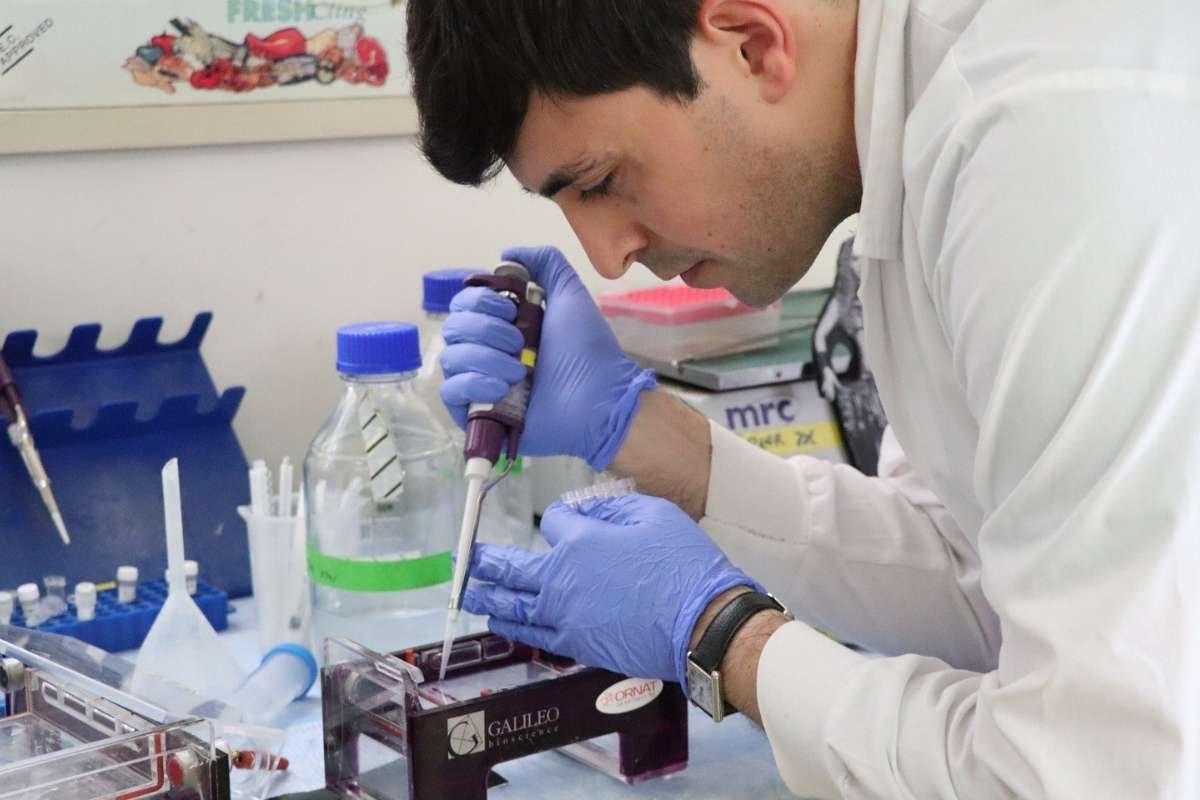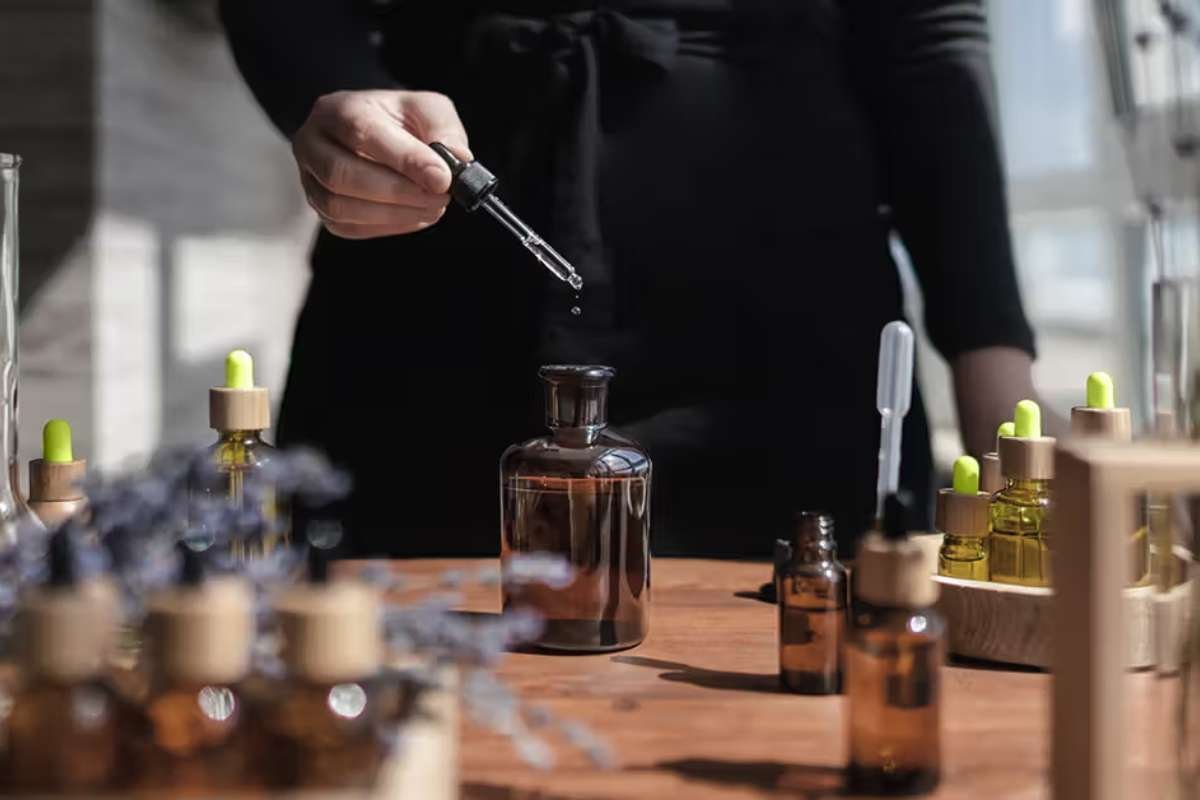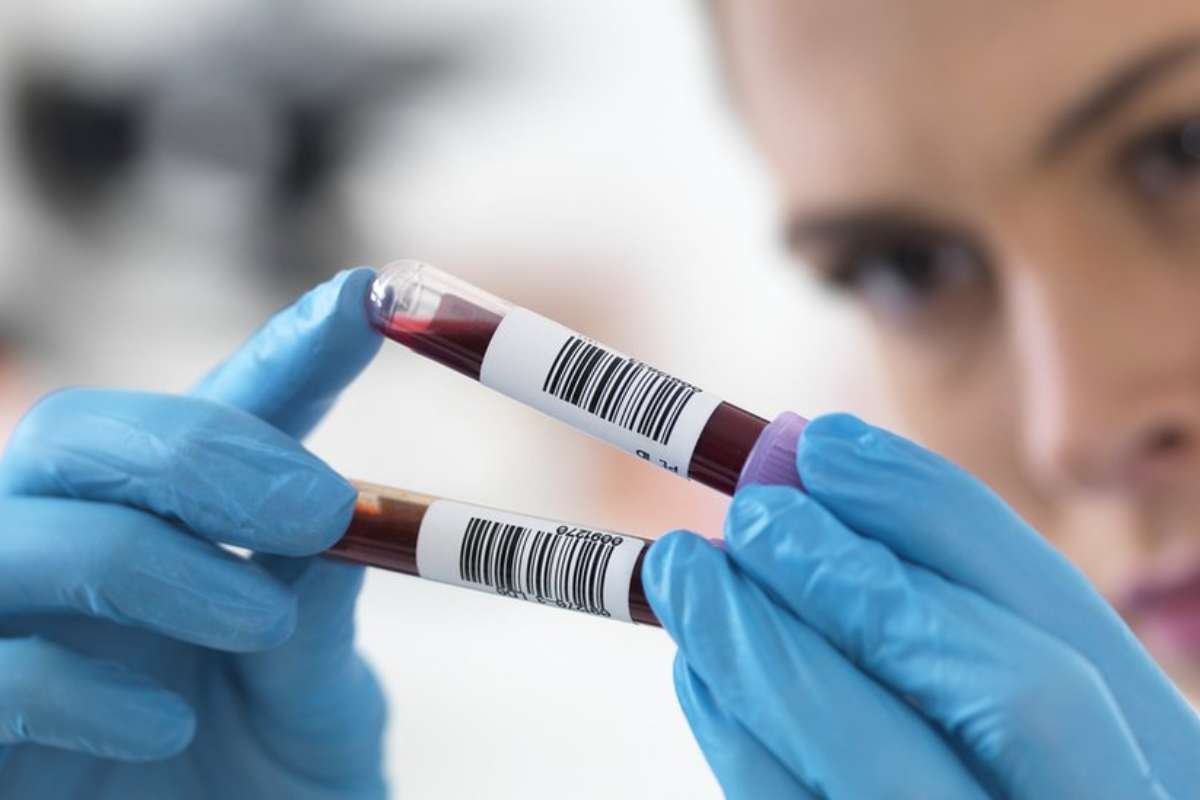Neurologic assessments are complex and require years of training to obtain expertise in performing. Such evaluations are best performed by neurological experts. Unfortunately, over 40% of the 1 billion people living with a neurologic disorder have little to no access to necessary neurological care, underlining the pressing need to find a solution to this dire situation.
Several factors contribute to the lack of access to neurological care today—high treatment costs, high travel times, and notably, the shortage of neurologists which will rise to 19% by 2025.
If only one could remotely access neurological care, right? BeCareLink is an AI-enhanced neurological platform that helps you do precisely that—access neurological care from the comfort of your home. Built by doctors and scientists, BeCareLink aims to simplify and quantify neurological assessments. Charisse Litchman, MD is the Chief Medical Officer and co-founder of BeCareLink and this is her journey.
Setting the Gold Standard
As the Chief Medical Officer and neurologist at BeCareLink, Charisse Litchman guides its inspired teams to create mobile app activities beneficial to the patients and clinicians, mirroring the evaluation of chronic neurological disorders performed by neurologists in the clinic. Charisse’s goal is to set a high standard by cultivating activities for its app that result in patient empowerment and better patient outcomes.
Charisse Litchman is responsible for ensuring the app delivers accurate information through well-run clinical trials, drawing on her diverse background in arenas with 30 years of experience in clinical neurology, conducting and monitoring research, and creating asynchronous neurologic telehealth services.
A Hallmark Leadership
Accurately assessing the strengths and weaknesses of team members is a quality of a hallmark leader. As an effective leader, it is vital to assign tasks and roles that lead to success and nurture a greater sense of team appreciation within the organization.
With the valuable contribution of its teams, BeCareLink has developed a novel, exciting, and game-changer product in the digital space to solve a global problem. The purpose is to support members of the team and cultivate motivation and fresh ideas for future endeavors. In addition, the meeting structure at BeCareLink is unique where the entire programming brainstorms collectively to iron out creative or technical difficulties and then breaks into small groups to hasten progress.
Journey Until Now
After training at Yale and Cornell, Charisse Litchman started a private practice in general neurology and subspecialized in headache medicine. Later, she was recruited to the neurology faculty at Yale School of Medicine where she treated patients from a wide range of socioeconomic backgrounds and collaborated with some of the greatest neurologic minds to address a wide range of neurologic disorders.
Simultaneously, while helping these patients, Charisse Litchman built a novel headache telemedicine service from scratch that would help an even greater number of patients. Her objective with this service was to put quality above all and create a product that would teach non-neurologists in telemedicine care to make accurate diagnoses.
Charisse Litchman also worked for two CROs (Contract Research Organizations) in monitoring trials on novel neurological therapies and diagnostic tools. Later, this experience helped her conduct quality trials—a skill that serves her well even today as a Chief Medical Officer at BeCareLink.
Soon after working with CROS, Charisse Litchman confronted a rare disorder and co-founded a research foundation to dive deeper into the subject. Soon, she wrote the first textbook ever written on the said disease. To advance the research further, she collaborated with physicians, researchers, and a number of remarkably empowered patients.
Her journey with BeCareLink started in 2016 as a Co-founder. Since the company was formed, it has focused on perfecting its product for several years before it executed its expansion to more than one app. It put monetizing on hold until the product quality reached the highest standard possible to advance the field of medicine.
“We were validated in the need for our vision as the pandemic struck, leaving patients with even poorer access to neurologic care.”– Charisse Litchman.
Career Highlighting Accolades
Charisse Litchman considers her ability to better people’s lives as the achievement she is most proud of. From freeing migraine sufferers from headaches to helping people with terminal diagnoses grasp their reality, Charisse always derived great satisfaction from helping to improve people’s quality of life.
At BeCareLink, with a belief that doctors are most effective when they place a premium on teaching, Charisse Litchman always takes time out of her busy schedule to attend weekly meetings with the programming team to help them understand and come up with effective assessment solutions for neurological disorders.
A blend of Neurology and AI
Charisse Litchman co-founded BeCareLink with the CEO Larry Rubin—an AI specialist, inventor of novel neural network techniques, and entrepreneur after she lost her sister Dr. Beth Deutch to a delayed diagnosis and poor monitoring at a premier institution. The incident highlighted the failure of the greater healthcare system.
Following the incident, Charisse Litchman and Larry vowed to make a positive difference in the healthcare industry so others don’t face these roadblocks. By blending the expertise of neurology and AI, they focused their efforts on improving neurologic assessments and making them more accessible.
Unfazed by the Challenges
Charisse and her two siblings were raised by parents who were first-generation Americans. Taking inspiration from her two incredibly brilliant and successful older siblings, Charisse Litchman never considered the possibility that she couldn’t achieve whatever she set out to do.
“I certainly encountered unfathomable misogyny during my training, but it never deterred me.”
Highlighting the discrimination she faced, Charisse Litchman emphasizes that there is no place for misogyny or other types of discrimination in the health industry or society at large. She concludes that she has high hopes that her generation will empower the upcoming generations to make further inroads into breaking down barriers.
Despite the challenges, Charisse Litchman continued with her practice. Later, she married her husband – they will be celebrating 35 years later this year. Her husband has always been a great supporter of her endeavors. Together, they raised three children who are not only talented but also genuinely stellar individuals.
Choosing the Right People
Charisse Litchman believes that everyone can succeed when they feel they are heard. While Larry and she continue to run the show at BeCareLink, both acknowledge that they wouldn’t be able to accomplish this had they not surrounded themselves with creative and motivated individuals.
Teamwork is highly valued at BeCareLink. For instance, Charisse Litchman can describe what and how to measure neurologic function, but admitting that she needs help even scheduling a Zoom meeting, she must rely on the expertise and strengths of others. According to Charisse, the most important step to success is surrounding yourself with good people and listening to them.
Building Tomorrow’s Leaders
The healthcare industry is always evolving. However, it is crucial to not evaluate your future success on what is most lucrative or effective currently. It is imperative to find your passion and position yourself to enjoy the work you are doing, says Charisse Litchman.
“The greatest success comes from pursuing your passion. And if you are planning to be in healthcare, make sure your passion is about helping others.”
Enhancing Access to Neurological Care
BeCareLink is a digital health company designed to deliver remote, quantitative neurologic exams. Today, there is a growing shortage of neurologists. Even now, 75% of neurologic patients are seen by non-neurologists, which translates to delayed diagnosis, inadequate monitoring, and poor patient outcomes. With BeCareLink’s solution, patients can be evaluated for most neurologic diseases remotely on their phones.
Its newest App, BeCare Neuro Link, is modeled on the traditional neurologic exam and can screen for any number of chronic neurologic disorders, such as Multiple Sclerosis (MS), Alzheimer’s disease, and Parkinson’s Disease. It utilizes AI analysis of the data collected from mobile phones. The BeCare Neuro Link app quantitatively measures cognition, motor, sensory, cerebellar, visual and balance functions through the gyrometer and accelerometer which are components of all mobile phones. Through AI interpretation, it compares the user’s performance with that of the general population. Armed with this information, patients benefit by seeking treatment earlier, which is essential for a better outcome and decreased long-term disability.
Its specialty app, BeCare MS Link, replicates the evaluation of an MS center, with a disability score calculated by AI. In a recently published study, BeCareLink showed that the disability score it calculated correlates similarly, if not better, with a clinician’s calculated score than that of two different clinicians. With its enormous number of quantitative data points, it can reduce the burden of interrater variability that plagues clinical care and clinical trials. BeCareLink puts a premium on patient education to empower them to become partners in their own treatment plans. Further, this collaboration will help the clinicians deliver the most inspired care.
Clinicians benefit by being able to provide better patient care and by having additional CPT codes to generate revenue. For Pharmaceutical companies, the availability of a myriad of data collected on all patients that can be used to direct further drug development is invaluable. Additionally, through its patient base, BeCare Link can recruit more easily for clinical trials and can assess new drugs more effectively, less costly, and more quickly, leading to the expeditious introduction of its new drugs to the market. Investors will see an ROI from all these benefits.
Pandemic Shaping the Healthcare
According to Charisse Litchman, the pandemic has already played a big role in shaping the healthcare industry. The increased pressure on the system, and the inequities in care based on socioeconomic class, race, and geography, have all been highlighted dramatically over the last few years. While telemedicine became mainstream during the pandemic, the same access issues remain post-pandemic, though of a lesser magnitude. For this reason, alternatives to in-person care, especially through digital health, will play an increasingly greater role.
BeCareLink is based on advanced technology that speeds up processes and boosts efficiency. Its remote nature allows individuals vulnerable to developing Alzheimer’s and those already diagnosed with dementia but without access to adequate care to detect disease earlier and objectively monitor for the decline in cognitive status. It can screen for other neurodegenerative disorders, such as Parkinson’s Disease, multiple sclerosis, and ALS, as well.
With the BeCare MS Link app, patients already diagnosed with MS will have clinical decline detected earlier, prompting clinicians to switch to more effective medications sooner. Ultimately, this will lead to decreased long-term disability.
“We have learned that most neurologic disorders can have better outcomes when treatment is started early. And that can only happen after the correct diagnosis is made. That is where BeCareLink comes in.”
Healthcare Opportunities
The healthcare industry and healthcare delivery permeate every sector of society and even life decisions.
Imagine a scenario where a person who supplies health insurance for his family reaches Medicare age but cannot retire because it would leave the family uninsured. Further, everyday people who cannot get health insurance crowd the emergency rooms with routine medical issues, not because they are lazy but because they have no better alternatives. Meanwhile, the stroke victim in the waiting room cannot get the clot-buster to save himself because another person is occupying the bed with a four-week-old cough.
The tragedy of all of this is that the therapies are quickly advancing but society will not be able to deliver them adequately. There have been at least four new Alzheimer’s Drugs that have entered the market that can delay or prevent the illness. But the cost of these drugs is so high that it will require every penny of the budget to pay for them, leaving no money to treat other illnesses.
On the other hand, if people developing Alzheimer’s are not receiving the drugs that will mitigate their decline, the cost of caregivers will eclipse the system. In such cases, BeCareLink can help the patients by detecting changes early and monitoring for decline and also by helping new drugs come to market less costly and quicker.
Patient-Centric Future
It saddens Charisse Litchman when she contemplates the divisions that COVID-19 created in the United States.
The country is home to heroic physicians, nurses, and emergency personnel who risk their lives time and time again. Similarly, the country has pharma companies’ advanced therapies that have saved countless patients globally. Overall, the response by the healthcare systems was more than admirable, and the healthcare industry needs to build on that success with new technologies and with digital health, says Charisse Litchman.
It inspires Charisse Litchman when she sees the great minds of researchers and industry leaders who are producing novel therapies at an unprecedented rate. However, she is leery of the forceful absorption of practitioners into hospital systems and the purchase of large physician groups by hedge funds.
In the future, Charisse Litchman believes that the healthcare industry will become more patient-focused. The first step in that direction will be to honor and respect the front-line practitioners who deliver the care. She is hopeful that a new generation of competent physicians will be able to take back the charge of the healthcare industry.
“We need to hone our ability to assess and treat patients remotely during the future pandemics that will inevitably come. And that will require proven, remote diagnostic and monitoring tools like BeCareLink.”









